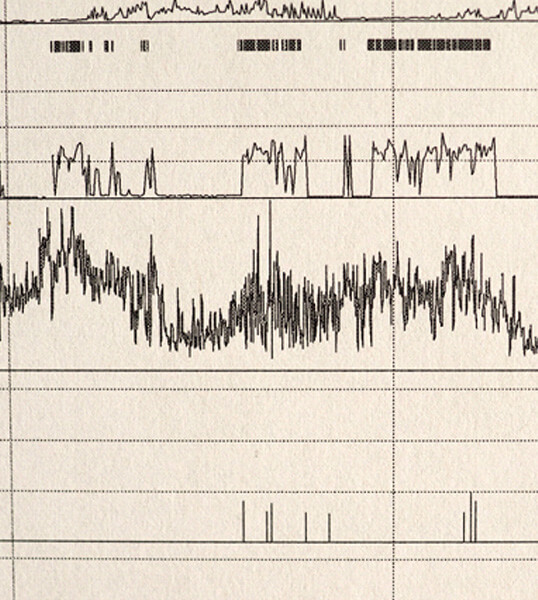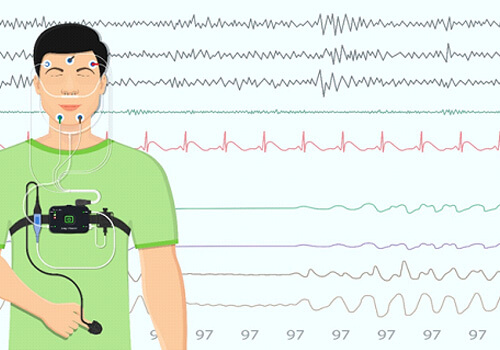Suite #23,
Tempe, AZ 85282
9:00 am - 5:00 pm
9:00 am - 5:00 pm
9:00 am - 5:00 pm
9:00 am - 5:00 pm

When hearing about sleep apnea, the first thing that comes to most people’s mind is loud snoring. This may be a common symptom, but there is much more to this sleep disorder than just snoring. Sleep apnea can result in numerous negative consequences, like chronic fatigue, frequent headaches, irritability, and an increased risk of hypertension. To receive treatment for sleep apnea, one must receive a sleep apnea diagnosis. Continue reading to learn how this process works.

The first step when getting a sleep apnea diagnosis is going over your medical history. We will ask you all about the symptoms that you’ve been experiencing as well as if you:

After we discuss your medical history, we will perform a physical examination. We will look for things that could indicate that you are at a higher risk of sleep apnea. This includes a larger-than-overage neck, enlarged tonsils, and an enlarged tongue. We will also take a look at the size of your jaw and the resting position of your tongue. All of these things can lead to restrictions and obstructions in the upper airway while you sleep.

You may be experiencing the symptoms of sleep apnea, but there could be another factor that’s contributing to them. For instance, if you are on certain medications or your hormone levels aren’t balanced, you could be having symptoms. Being in a high-elevation environment can also make a difference in the quality of your sleep, resulting in sleep apnea symptoms for multiple weeks. We will discuss many additional factors that could be interfering with your sleep.

If your medical history and examination give us reason to believe that you have sleep apnea, we will recommend that you complete a sleep test. For this test, you will need to wear a device that monitors your breathing, heart rate, and brain activity while you sleep. Then, the data will be evaluated so we can determine if sleep apnea is what’s been causing your symptoms. At this point, we can make further recommendations regarding your treatment options.